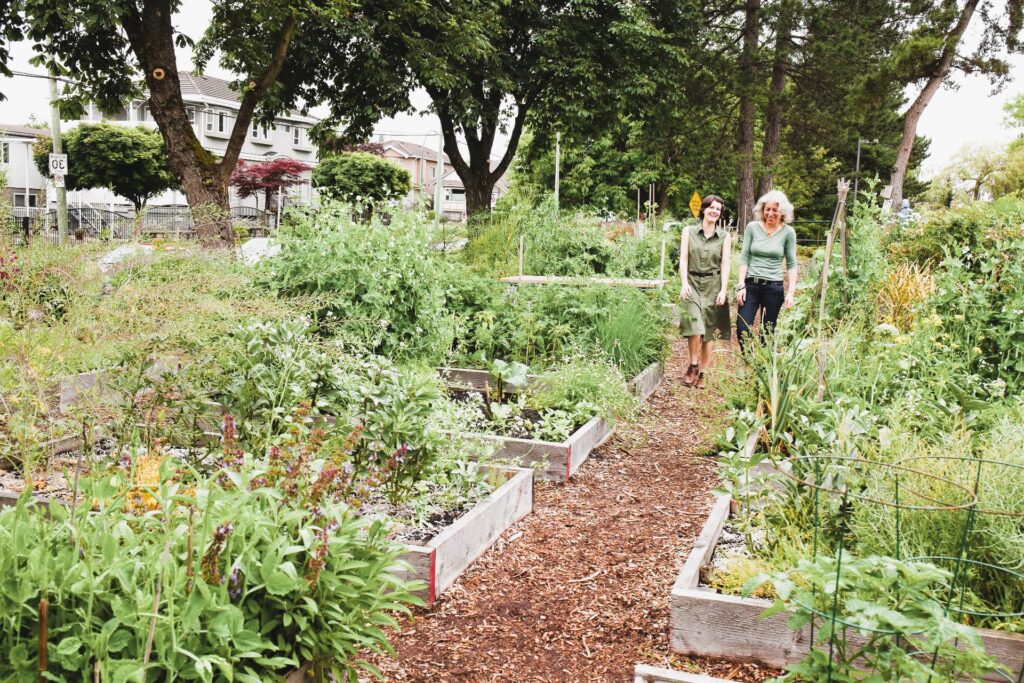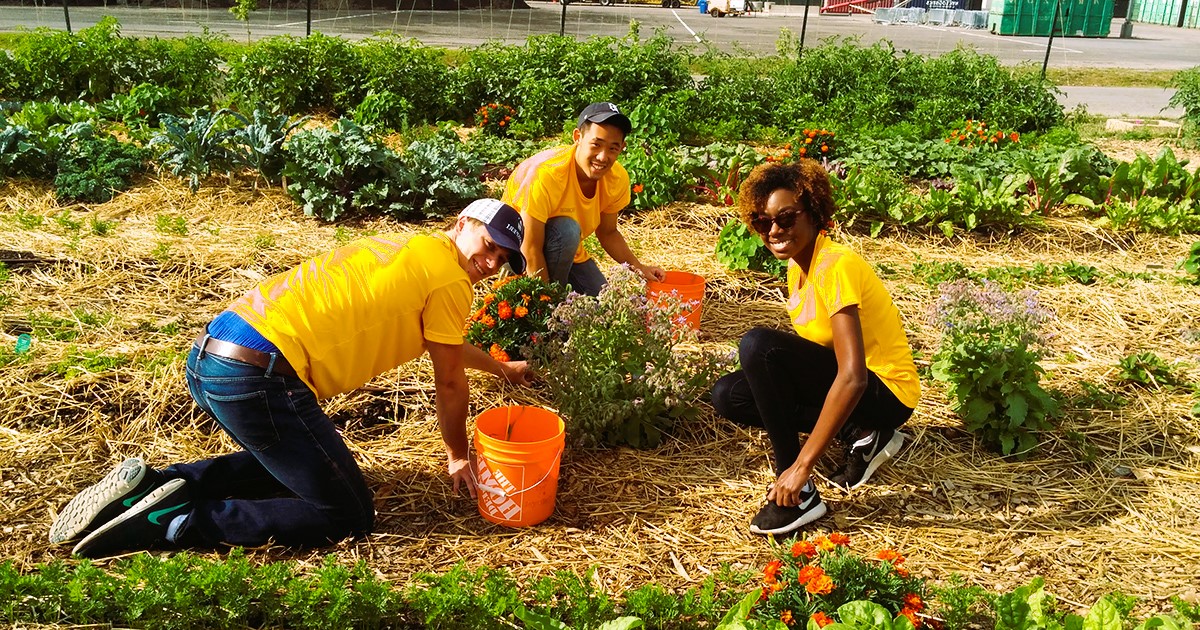Community gardens have emerged as vital spaces for cultivating connection, promoting sustainable practices, and fostering a sense of community in Ontario, Canada. These gardens provide individuals and neighborhoods with an opportunity to come together, share resources, and engage in the rewarding act of growing their own food. As a result, they contribute to a range of positive outcomes, including improved physical and mental well-being, increased access to fresh produce, and the promotion of sustainable agriculture practices. This article explores the significance of community gardens in Ontario, highlighting their benefits, challenges, and the efforts taken by various stakeholders to support and enhance these valuable spaces.
Benefits of Community Gardens
Community gardens offer a multitude of benefits to individuals and communities. Firstly, they provide a space for people to connect with nature, which has proven therapeutic effects on mental health and overall well-being. Spending time in gardens and green spaces has been linked to reduced stress levels, improved mood, and increased physical activity.
Secondly, community gardens promote sustainable practices by encouraging organic gardening methods, composting, and water conservation. These gardens often serve as platforms for education, teaching participants about environmentally friendly techniques that can be applied at home or in other community settings. By adopting sustainable practices, community gardeners contribute to the preservation of natural resources and the reduction of their ecological footprint.

Another significant advantage of community gardens is the increased access to fresh, nutritious food. For many individuals and families in Ontario, especially those living in urban areas with limited access to grocery stores or fresh produce, community gardens offer an affordable alternative. By growing their own fruits, vegetables, and herbs, participants can improve their diets and enhance food security. Walkable Parks: Creating Urban Oases in Ontario’s Neighborhoods.
Furthermore, community gardens foster a sense of community and social cohesion. These spaces bring people of diverse backgrounds together, providing opportunities for interaction, collaboration, and the sharing of knowledge and skills. Gardening activities often create a supportive and inclusive environment where people can learn from one another, form new friendships, and build a stronger sense of belonging.
Challenges and Solutions
Despite their numerous benefits, community gardens in Ontario face certain challenges that can hinder their development and sustainability. Land availability is a significant hurdle, particularly in densely populated urban areas where suitable plots are limited. Securing land for community gardens often requires collaboration between municipalities, non-profit organizations, and private landowners. By advocating for the allocation of public spaces and fostering partnerships, stakeholders can work together to expand the availability of land for community gardening initiatives.
Another challenge is the lack of resources and funding. Community gardens often rely on volunteers and donations, making it difficult to maintain and develop the necessary infrastructure, such as tool sheds, water access points, and educational signage. To address this, governments, non-profit organizations, and private donors can play a crucial role by providing financial support, grants, and resources to community garden initiatives. This support can help ensure the long-term viability and success of these projects.
Furthermore, ensuring inclusivity and accessibility is essential in community gardens. Efforts should be made to accommodate individuals with disabilities, create raised beds or accessible pathways, and promote multilingual educational materials to welcome diverse communities. By fostering inclusivity, community gardens can become true hubs of social integration and cohesion.
Government and Stakeholder Support
Recognizing the importance of community gardens, the government of Ontario and various stakeholders have taken steps to support and enhance these initiatives. The Ontario Ministry of Agriculture, Food and Rural Affairs (OMAFRA) provides resources, technical assistance, and funding programs for community garden projects. These initiatives aim to empower communities, strengthen food security, and promote sustainable agriculture practices.

In addition to government support, numerous non-profit organizations and community groups actively work to establish and maintain community gardens across Ontario. These organizations provide educational programs, facilitate partnerships, and advocate for policies that promote community gardening. One such organization is the Toronto Community Garden Network (TCGN), which connects gardeners, provides resources, and organizes events to promote community gardening in the Greater Toronto Area.
Conclusion
Community gardens play a vital role in cultivating connection, promoting sustainability, and fostering a sense of community in Ontario. These spaces provide numerous benefits, including improved mental and physical well-being, increased access to fresh produce, and the promotion of sustainable practices. However, challenges such as land availability and resource constraints need to be addressed to ensure the long-term success of community garden initiatives. Through government support, stakeholder engagement, and community participation, Ontario can continue to develop and expand these valuable spaces, creating a healthier, more sustainable, and connected society.
For more information on community gardens and related initiatives, visit:
- Wikipedia: Community Gardens in Canada


